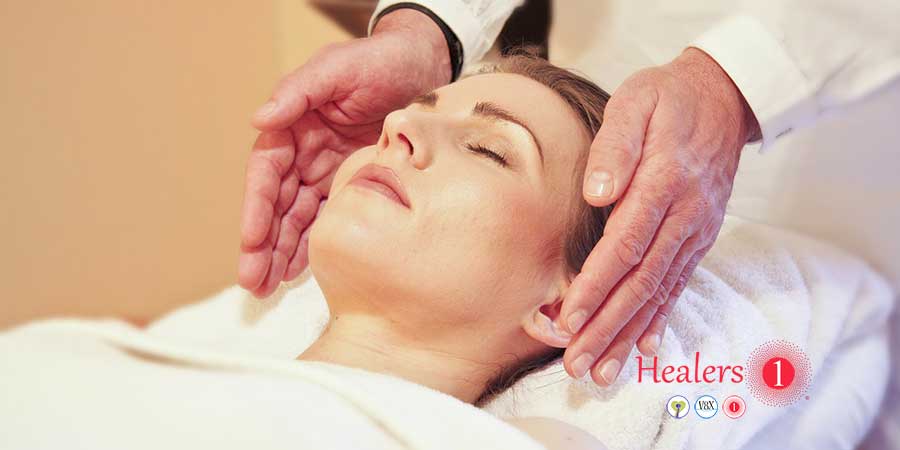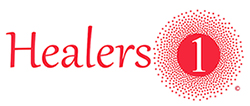Why Seek Out A Reiki Practitioner

What is Reiki
The word Reiki is derived from two Japanese phrases meaning the life energy and the transfer of spiritual energy. At one time, Reiki was a mysterious and secret practice, but it’s currently becoming very popular world wide. Additionally, the mystery surrounding the practice of Reiki has become easier to comprehend by the average person.
Reiki is the vital life energy that animates all living things. This energy is also commonly known as Chi and Prana. Those who practice Reiki know that we all have the ability to use our own healing energy to enliven the energy within themselves and to help others. A person’s energy should be free flowing nd vibrant. When this happens, a person’s mind and body is in a positive and healthy state. However, when this vital energy becomes blocked and weak, it can lead to physical and emotional imbalance.
Those who practice Reiki healing strive to increase their client’s vital energy, in order to restore the energetic balance within their bodies. This is performed by the transfer of energy from the hands of a qualified Reiki professional to the recipient. However, the Reiki practitioner keeps their hands positioned above the client’s body, there is no physical touch. Since Reiki does not involve physical contact, that makes it different from nearly all other types of alternative healing practices.
What is the Origin of Reiki
Although the origins of Reiki are commonly ascribed to Mikao Usui of Japan, Reiki could in fact be centuries old. Reiki was allegedly practiced for thousands of years in Tibet, and resurfaced in nineteenth century Japan with Mikao Usui. Usui’s methods were passed along to a few grand-masters of Reiki, who in turn, trained others through an initiation process, passing their knowledge on to others. Today, Reiki healing has many forms, but the Usui System of Reiki is the form that is the most widely practiced.
Reiki Today
Over time, the methods used in the practice of Reiki have undergone numerous changes and variations. Currently, there are many forms of Reiki therapy. The common technique used in most Reiki practices involves using energy to assist the physical body in balancing its own energy, and consequently begin to heal itself. The increased popularity of Reiki practice is in large part due to the simple and heart felt approach of the therapy. For example, it is centered on the concepts of harmony, peace and wellness, which has a broad appeal to many people in every culture. Perhaps this is why the practice of Reiki has gained in popularity over the last century.
What is a Reiki Session Like?
A session will usually lst for 60 to 90 minutes. The practitioner will discuss what issues of problems the client is experiencing and find out what they hope to achieve from Reiki session. During the session, the client will comfortably lie on a massage table with their shoes off. Reiki can also be performed with the client sitting in a chair. A session can be preformed remotely as well such as over the phone or video chat. Time and space is not a limiting factor.
The techniques used by most Reiki masters today are typically similar. However, each Reiki practitioner has their own individual approach. A Reiki treatment feels like a glowing, wonderful radiance flowing through the hands of the practitioner around the client. A Reiki treatment addresses the whole person, including body, mind, emotions and spirit. This creates many benefits, including a relaxed feeling of peace, well being and security. In fact, many who have experienced a Reiki session report nearly miraculous results.
Why Seek Out a Reiki Practitioner
Typically, Reiki is a good way to address issues of stress, and induce a deep feeling of relaxation. While Reiki is not used as a cure for any illness, it may help the body by creating an energy flow that facilitates healing. Reiki is a good addition to complement traditional medicine. In fact, Reiki is practiced in some hospitals and medical practices. There are many reasons why someone may seek a Reiki treatment.
However, someone seeking Reiki must also understand that no alternative or holistic treatment should replace conventional medical care.




